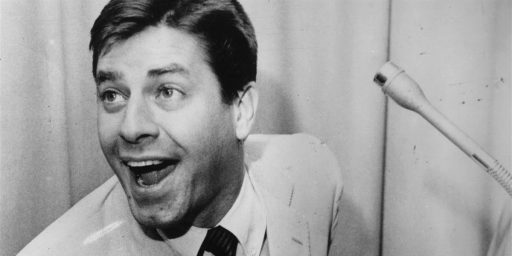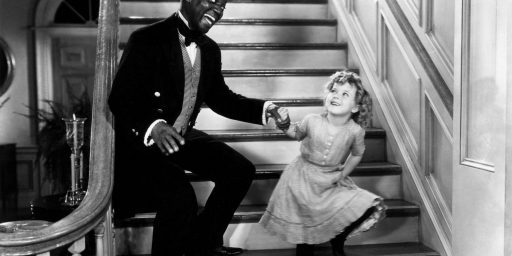Not Your Daddy’s Oscar
 If it seemed to you like there were an awful lot of Best Picture nominees this year, you were right. The Academy doubled the usual number of finalists in order to boost the awards show’s ratings:
If it seemed to you like there were an awful lot of Best Picture nominees this year, you were right. The Academy doubled the usual number of finalists in order to boost the awards show’s ratings:
The Oscars, broadcast live around the world, were once a ratings juggernaut. But in the past few years, the show’s popularity has slipped, its television audience has aged and its relevance as a barometer of popular culture has been questioned.
Dramatically expanding the number of films in contention for the top honors, however, has allowed crowd-pleasing hits to bask in the Oscar aura along with the art-house fare that the academy often favors.
So far, the move appears likely to have the intended effect. In addition to low-grossing critics’ favorites like “The Hurt Locker,” “An Education” and “A Serious Man,” the 10 nominees announced Tuesday include three of the eight top-grossing films of 2009….
In the short term, it appears that the gimmick will work. But the long term effect is more likely to be further erosion in people’s interest in the Oscars as a cultural institution than a resurgence. The Oscars have declined in importance in direct proportion to the increasingly obvious gaming going on in the awards.
While they’re still the premier award in the business, they’ve lost a lot of their cachet as the impression has sunk in with movie buffs and casual fans alike that politics and PR have long eclipsed artistic merit in determining who wins. The unsexy technical awards less tainted by such factors still seem to mean something, but the “main” awards have lost a lot of their luster the last couple of decades. Brazenly skewing the formula for a quick ratings boost is not going to convince the general public that the award is returning to its roots.






I haven’t watched or really paid attention in years. Partly because for last 10 years or so the majority of my movie watching has involved children’s fare and partly because I don’t know that I really care enough to pay attention.
Seems like a “good” strategy, the public doesn’t like it so just give them “more” of it!
Gee, kinda sounds like Obama’s plan for America … don’t like my pollicies well, here comes Healthcare.
I was reading a short reflection piece on Paul Newman’s career (can’t find the source right now, or I’d link it). One passage in it struck me as pretty relevant now. To paraphrase the author: ‘The Sting’s’ win as best picture that year was the last hurrah of the Hollywood-that-was. Sandwiched between two Godfather films, and up against American Grafitti and a couple of Robert Altman films, The Sting was the last of its kind, both with the lead actor being the last of the old-boys (Newman rose to fame in the early 1950s, during the heydey of Grant, Stewart, Sinatra, etcetera), and in its style. After that last hurrah, the Academy turned in a new direction.
I think a lot of that is happening here. In the last 10 years, the boundaries between the really ‘good’ movies and the rest have been blurred. We now see high quality comic book movies (Dark Knight), comedies with decidedly non-comedic messages and acting (Apatow), and action-adventure sci-fi flicks that escape the cheesiness and flippancy of yester-year’s space operas (Avatar vs. Star Wars). The Academy recognizes the need to recognize this new Hollywood, but is still trying to hold on to the past few decades. By expanding the amount of movie slots, it can acknowledge both old and new Hollywood films, and make the transition easier.
Of course, its still a ratings ploy, but I believe its more than that. And as far as how this will boost ratings long term? Simple. In 10 years switch it back to a 5-film format. Create buzz about the ‘new’ tighter, more critical eye of the academy.
By the way, before 1943, the Academy always nominated 10 films.
Let’s face it: award ceremonies are boring. The Oscars used to be popular because there wasn’t much else decent to watch. Now there is – not just on network television, but also on cable, premium cable, pay-per-view, YouTube, Hulu, etc. So viewership is slipping for award shows. Go figure.
Plus the fact that movies seem to get made that are just blatantly Oscar-bait.